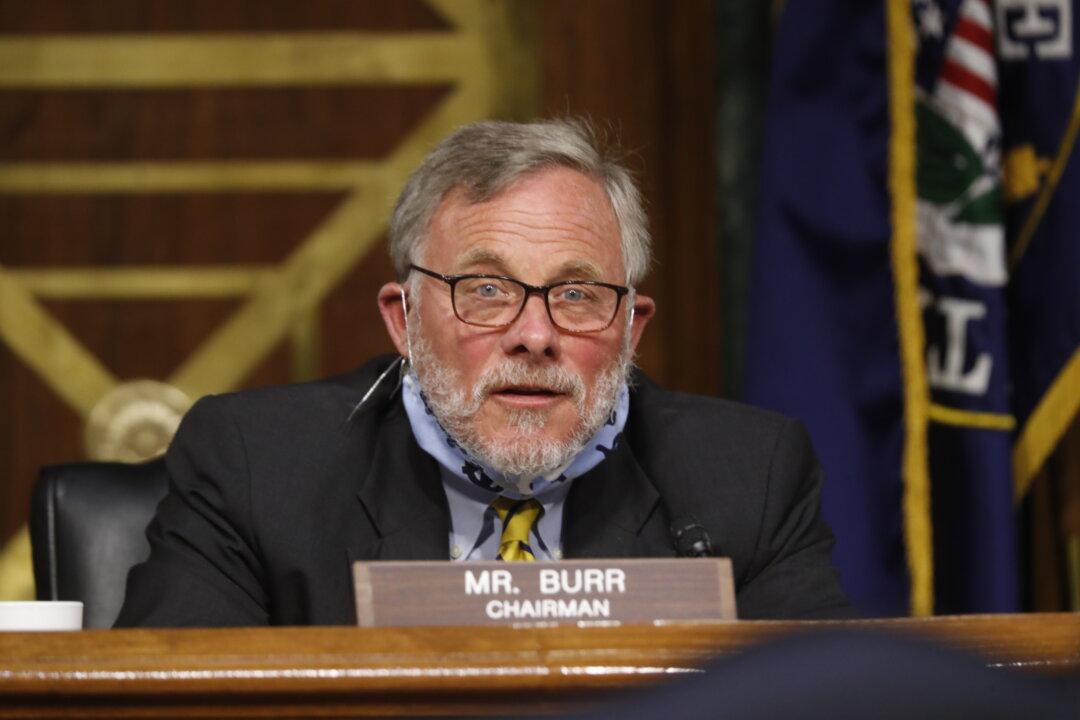Senate Intelligence Chairman Richard Burr (R-N.C.) said Tuesday he'll vote for Rep. John Ratcliffe (R-Texas), President Donald Trump’s nominee for director of national intelligence.
Ratcliffe “understands the challenges facing the Intelligence Community in the 21st century and is ready to work to meet them,” Burr said in a statement.





